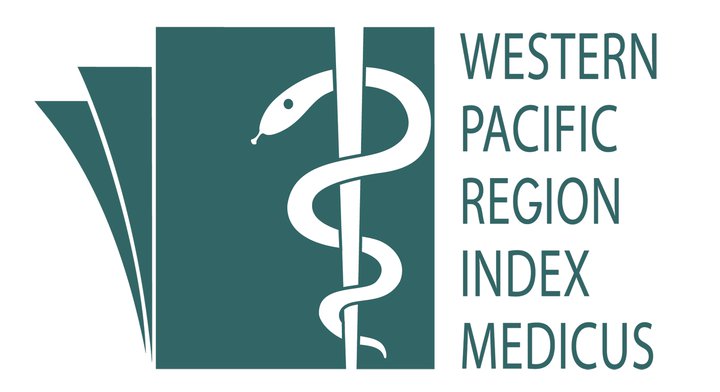Prenatal PM2.5 Exposure and Its Association with Neurodevelopmental Impairment in Children: A Narrative Review
Abstract
Air pollutants including PM2.5 are an increasing threat to public health. Studies have reported the adverse effect of PM2.5 exposure during pregnancy on neurodevelopment in children. We performed a narrative review using the PubMed, Web of Science and Scopus databases using keywords such as prenatal, particulate matter, neurodevelopment, and children. This review aims to identify symptoms of impaired neurodevelopment in children associated with prenatal PM2.5 exposure, the association between the timing of prenatal exposure PM2.5 and symptoms of impaired neurodevelopment in children as well as other factors that may influence the association of prenatal PM2.5 exposure and symptoms of impaired neurodevelopment in children. 25 papers were included in this review. There are ranges of symptoms of neurodevelopmental impairment associated with prenatal exposure of PM2.5, including language, speech, and communication symptoms; motor skills; behaviour and social skills; memory as well as learning/cognitive symptoms. Neurodevelopmental impairments were associated with exposure to PM2.5 across all three trimesters with impairment in communication and behavioural domains predominate in those exposed during the first trimester. Generally, male was more susceptible to having neurodevelopmental impairment symptoms compared to females. More information regarding the effect of prenatal PM2.5 exposure towards neurodevelopmental domains of the children will support public health policies that reduce air pollution and improve children’s health.
Downloads
Published
How to Cite
Issue
Section
License
Copyright (c) 2023 Amy Azira Hamis, Muhammad Al Amin Shaharuddin, Nazmeen Adline Fawwazah A Fauzi, Mohd Rizal Abdul Manaf

This work is licensed under a Creative Commons Attribution-NonCommercial 4.0 International License.
IJPHR applies the Creative Commons Attribution (CC BY) license to articles and other works we publish. If you submit your paper for publication by IJPHR, you agree to have the CC BY license applied to your work. Under this Open Access license, you as the author agree that anyone can reuse your article in whole or part for any purpose, for free, even for commercial purposes. Anyone may copy, distribute, or reuse the content as long as the author and original source are properly cited. This facilitates freedom in re-use and also ensures that IJPHR content can be mined without barriers for the needs of research.






